Capabilities
- Missouri’s hub for innovative research and expertise in data science, artificial intelligence (AI), machine learning (ML), large language models (LLMs), natural language processing (NLP), spatial data management, virtual reality (VR), bioinformatics, data protection, cybersecurity, among others
- Creating a collaborative multidisciplinary research ecosystem for the UM System, industry, and community partners
- Strategically leveraging its resources to develop data-driven solutions to address critical societal problems in various application domains such as engineering, science, defense, energy, medicine, healthcare, and education
- Generating new capabilities and opportunities for our researchers, educators, and students in an era of rapidly growing demands for data scientists
- Facilitating/increasing overall institutional capacity to strengthen translational research activities and accelerate the pace and scale of translating fundamental research outcomes/discoveries into practice
- Training the next generation of skilled workforce (data scientists and analysts) to meet growing industry demands and spurring economic development
- Custom LLM development: Using GPT family of LLMs (direct partnership with Microsoft), open-source LLMs including Meta Llama, Mistral, etc., and multimodal LLMs such as Llava
- Computer vision models and tools for (1) object detection and tracking (such as YOLO and Grounding DINO), (2) object classification (such as DINOv2), (3) large-scale object recognition (such as vector databases), and (4) visual question and answering (such as YOLO-World and Llava)
- Integrating the state-of-the-art (black box) models into pipelines with an emphasis on transparency and accountability to create custom systems
- Tools: Pytorch, Tensorflow, Keras, Theono, Pandas, Numpy, SciPy, Scikit-learn, Apache Spark, Apache Hive, CUDA programming, MPI, AWS, Azure
- Computing resources for research: Machine Learning Clusters (with close to 100 GPUs)





